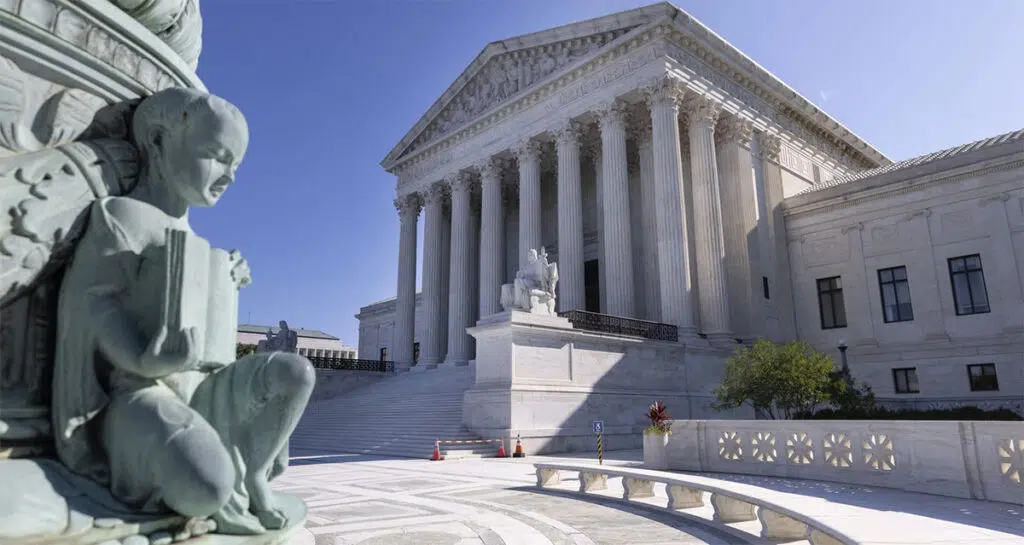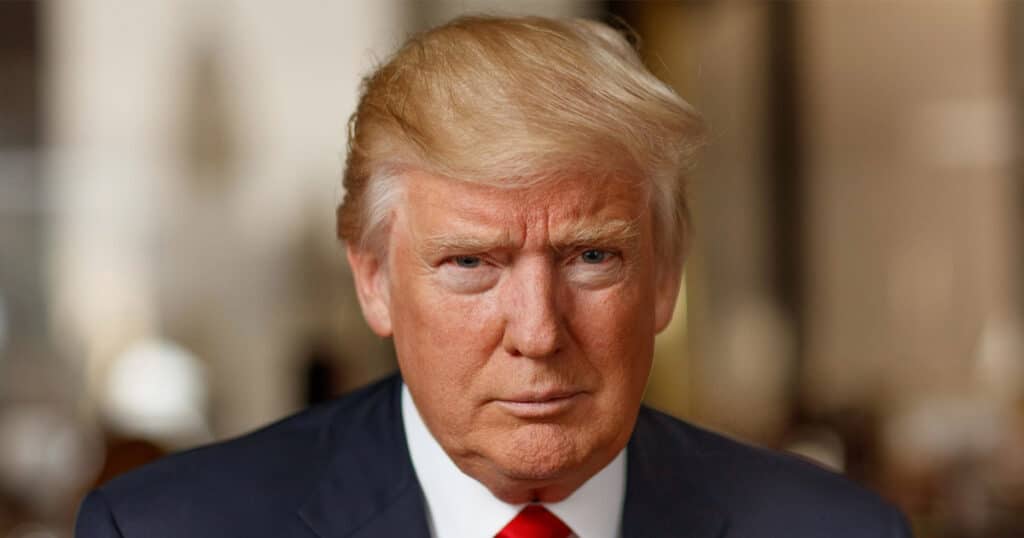
Website Design Case a Resounding Defeat for the Thought Police
The U.S. Supreme Court has recently ruled that a Colorado web designer may refuse to work on same-sex wedding announcements. The party in the case is Lorie Smith who runs 303 Creative, a web-design company in Littleton, Colo.
Miss Smith conscientiously objects to same-sex marriage and believes “the First Amendment’s Free Speech Clause protects her from being compelled to speak what she does not believe.” It is important to note that while Miss Smith provides her website and graphic services to customers regardless of their race, creed, sex, or sexual orientation she has never created expressions that contradict her own views—whether that means generating works that encourage violence, demean another person, or defy her religious beliefs.
The Constitution, she insists, “protects her right to differ.”
On the other hand, the state of Colorado asserted that its public accommodation laws (which cover virtually every public business offering a good or service) required her to create websites that celebrate gay weddings if her business was also designing sites to celebrate other weddings.
So, she filed suit in federal court seeking an order declaring her business exempt from state antidiscrimination laws should any same-sex couple seek her services.
Justice Gorsuch, writing for the majority, concluded that the 1st Amendment entitles Miss Smith to refuse commissions for same sex wedding announcements. The Court reasoned that Colorado’s so-called anti-discrimination law couldn’t be applied in such a way that it required a business owner to express ideas he or she opposes even if the state considers those views discriminatory. In other words, the government Thought Police can’t dictate speech, and can’t tell us what to think and believe.
“The opportunity to think for ourselves and to express those thoughts freely is among our most cherished liberties and part of what keeps our Republic strong,” Gorsuch wrote, further stating that while that “means all of us will encounter ideas we consider” wrongheaded or even offensive “the First Amendment envisions the United States as a rich and complex place where all persons are free to think and speak as they wish, not as the government demands.”
This ruling will apply beneficially to Americans across the political and ideological spectrum. For example, as noted by Senator Ted Cruz:
“The state of Colorado wanted to compel the speech of Christian artists and business owners who declined to use their God-given talents to celebrate views that run contrary to what their faith teaches,” reasoning “… should a Muslim artist be compelled by the government to draw the image of Muhammed? Should Jewish artists be forced to create art that is antisemitic?”
Or, imagine the outrage on the Left if a court or a law mandated that a liberal Democrat web designer produce a website for Trump’s recent birthday that read, “Happy Birthday President Trump—the Greatest President in American History;” Or a website that celebrated the one-year anniversary of the Dobbs decision that read, “Dobbs Prevented the Painful Slaughter of 10,000 Innocent Unborn Human Beings.”
Nevertheless, the fact that the Court’s ruling will benefit every citizen who finds themselves in a similar situation is not enough for the lunatic Left, which has smeared Miss Smith and viciously attacked the Court’s decision.
This case is very important because it underscores the great constitutional principle not only of free speech but of freedom of conscience.
It’s why Thomas Jefferson in 1777 “drafted a bill to establish religious liberty on the basis of the natural, inalienable right to freedom of conscience.” (Nat. Constitution Ctr).
It is, no doubt, why Jefferson expressed his view that “no provision in our constitution ought to be dearer to man, than that which protects the rights of conscience against the enterprises of the civil authority.” (Ltr. to Richard Douglas, 2-4-1809). It’s also, no doubt, the motivation for Jefferson’s declaration to Benjamin Rush that “I have sworn upon the altar of god eternal hostility against every form of tyranny over the mind of man.”
The Supreme Court itself, in an earlier case involving compelled speech—West VA. Board of Educ. v. Barnette—eloquently reaffirmed this principle holding that state authorities had “transcended constitutional limitations on their powers” when their dictates “invaded the sphere of intellect and spirit which is the purpose of the First Amendment … ”
That is what the state law of Colorado was attempting to do here, and its action cannot be reconciled with our Constitution.


